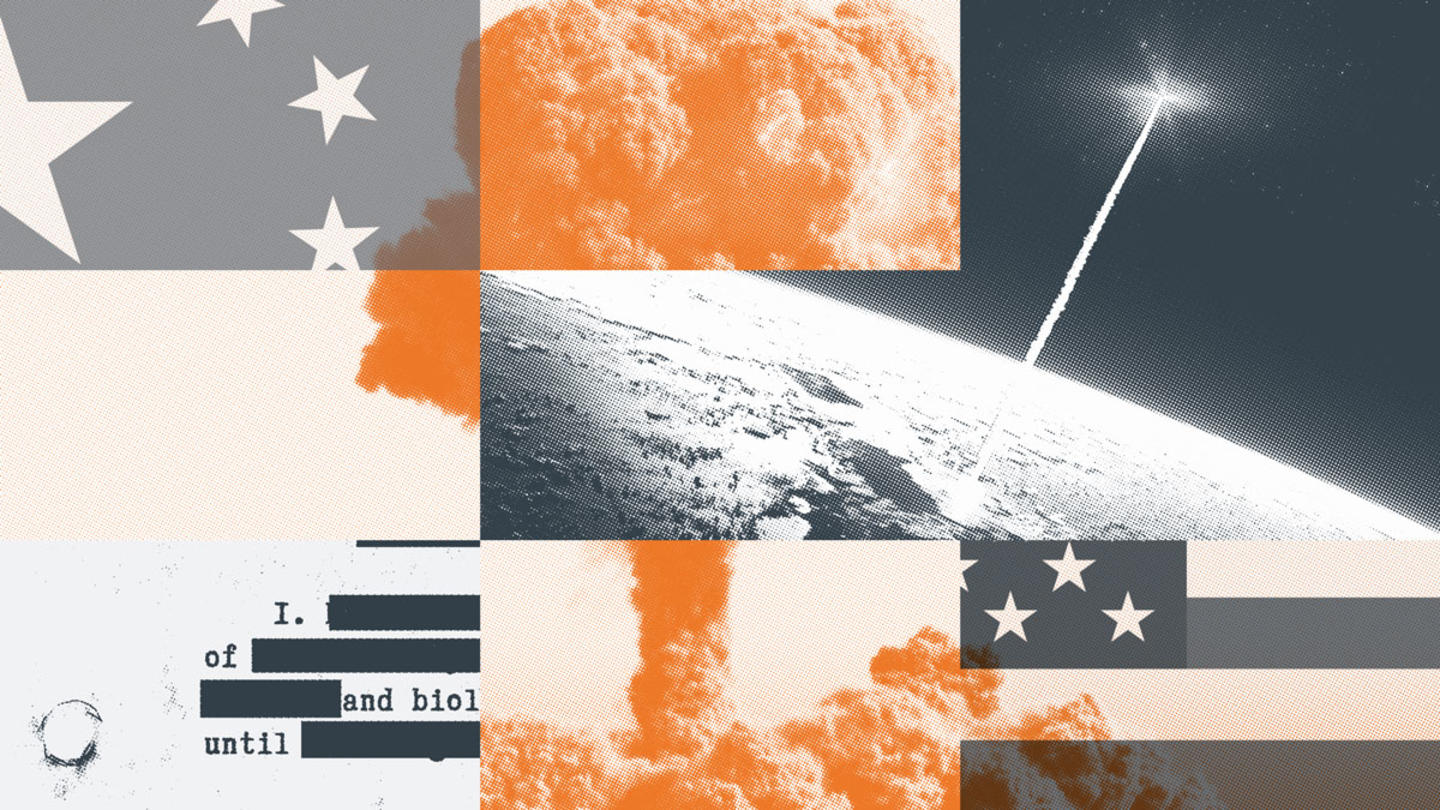What would a new cold war with China look like?
Many Americans are asking that question right now, especially those who still remember the Cold War between the U.S. and then-Soviet Union from 1947 to 1991. Many remember the thrill of watching the Space Race unfold, or the anxiety from practicing nuclear bomb drills in school. It was a time of clearly defined heroes and villains, a narrative that has only become stronger through the lens of history.
Decades later, a Cold War is as much a cultural concept as a geopolitical one. It summons thoughts of American exceptionalism and inevitable triumph; and of safety on home turf, with violence occuring on faraway soil, if at all. As tensions between the U.S. and China boil to a head, many are framing a potential conflict as a cold war, with all of the preconceptions that come along with it.
But not all of this should necessarily be assumed, writes Reid Smith in an article for Foreign Policy magazine. Many are basing assumptions of what a new cold war entails on the last one. Decades of political and diplomatic developments have unfolded since the 1990s, and much is different now.
In “Why the U.S.-China ‘Cold War’ Framing Is So Dangerous,” Smith, the vice president of foreign policy at Stand Together, writes, “Freedom had defeated tyranny. As it was with the Soviets, the thinking seems to be, so shall it be with China. However, such recollection is risky.”
Here, Smith answers some questions unpacking the analysis behind that article, and describing why a budding conflict with China could end up being more hot than cold.
Stand Together: You wrote “a new cold war with China seems more a matter of ‘when’ than ‘if.’” What got us here?
Smith: America’s formal relations with the People’s Republic of China go back a ways, probably most famously to President Nixon’s visit to Beijing that essentially opened up U.S.-China relations. America enjoyed delicate relations with China — obviously a Communist country — during the Cold War.
At the end of the Cold War, much was made about U.S. entreaties to China, to help further open China up and bring them into the liberal international order. And to generally anticipate that with economic reform and additional liberalism, China would more or less enter the kind of peaceful coalition of states that engage with each other through trade and commercial endeavor, and that perhaps we’d find promising new markets for American goods.
I think more recently, there’s been some buyer’s remorse, if you will, about American efforts. Suddenly, China has emerged for many as a powerful and potent strategic rival to the United States. And not just in the commercial domain, but actually as a sort of alternative form or system of governance to the the liberal democratic model.
This is framed as a sort of democracy versus autocracy challenge. It’s that new conception of bilateral competition between democracies in the western-led order.
Sign up for the Stand Together newsletter and get stories, ideas, and advice from changemakers to help you tackle America’s biggest problems.
Many Americans remember the last Cold War and think a new cold war will be the same. You say that’s wishful thinking. Why?
Our memories of the last Cold War are evocative. We don’t remember a lot of the scary stuff. We remember the collapse of the Berlin Wall and the determination of Presidents Gorbachev and Reagan. I think baked into our memory of the Cold War is the notion that there’s a certain path. Our sample size is really small. We tend to think that cold wars happen, not through the threat of thermonuclear warfare, but rather through outpacing our rival ideologically and providing the world with a different form of governance. It’s a glossy re-framing of the Cold War.
Obviously, the Cold War was sort of peachy keen for many Americans. But for many others, it was quite complicated and scary. Hundreds of millions, if not billions of people around the world suffered during the Cold War too, most notably in high intensity proxy conflicts. Folks in Angola or Cuba or elsewhere really got wrapped up into this.
On the domestic side, I am concerned that the comfort with which some are embracing this cold war framing are not reckoning with those unpleasant dimensions of how cold wars may come home. We tend to forget about how narrowly we missed nuclear Armageddon at points during the Cold War.
That’s pretty scary stuff. Frankly, from where I’m sitting as a father of two small children, I don’t like the idea of them growing up under threat of a nuclear standoff between two states. Having studied some nuclear conflict close-calls, sometimes it’s anything but dumb luck that keeps us from actually plunging into one of these conflicts.
Do you think it’s fair to characterize a cold war as a cultural concept? How does this influence how Americans perceive a new cold war with China?
We’re in a period of rhetorical and political posturing, in part because there is a political advantage to having an external ‘bad guy’ to demagogue against.
To some extent at the end of the last Cold War, we almost lost something that was unifying for us in a weird way as well. There were Rocky movies and Rambo movies where we’re squaring off against the Communists. These are the bad guys. We’re the white hats. They’re the black hats. It’s superficially easy to organize, agitate, and motivate political movement in a country when you’ve got something you’re squaring off against.
We’re probably not actually engaged in a cold war yet, although we are posturing as though we would like to. As of right now, there’s probably a gap between where Americans are and where leadership of the U.S. House Committee on China are in terms of just how seriously this threat is perceived, and how belligerent the solutions may be.
How should Americans perceive a new cold war? And how should Washington engage in strategic diplomacy?
I think that we want to be very reticent about taking steps that have the counterproductive effect of making America appear anxious about our standing in the world. By that I mean that we should be more confident than some people in Washington about where the United States stands versus China.
We should continue to concentrate on the potential for us to serve as an international exemplar of those liberties and freedoms that we cherish, whether civil or economic, and if you want to have a strategic competition with China, there’s a way that you can have that.
You can find that in the economic domain without hurrying off to a global war on autocracy. I want an America that continues to concentrate on the best of what it can offer, both to its citizens and to the world. I want an America that serves as an aspirational model for other countries to emulate and for Americans to be proud of and confident about.
***
Learn more about Stand Together’s foreign policy efforts and explore how to partner with us.
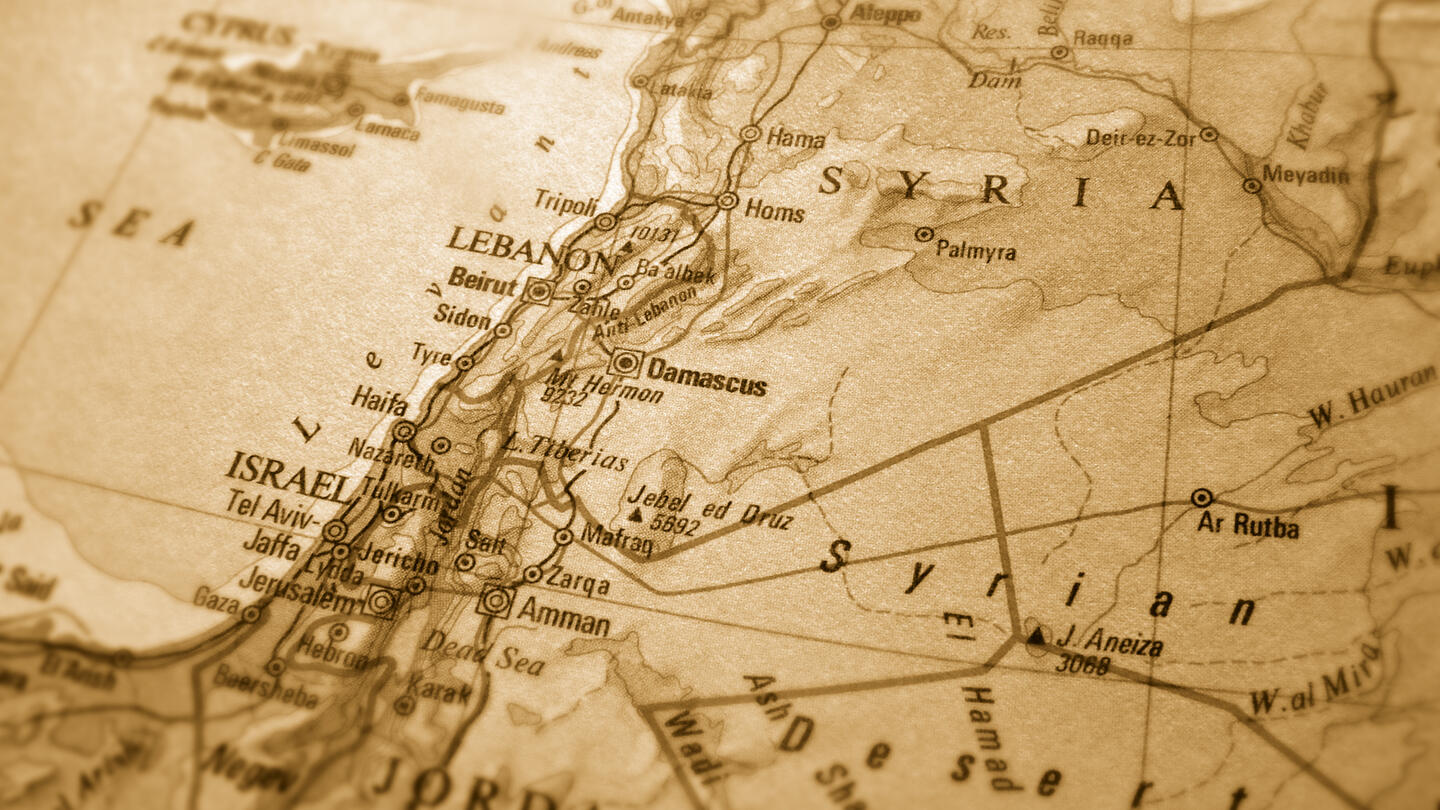
The U.S.-Israel Relationship
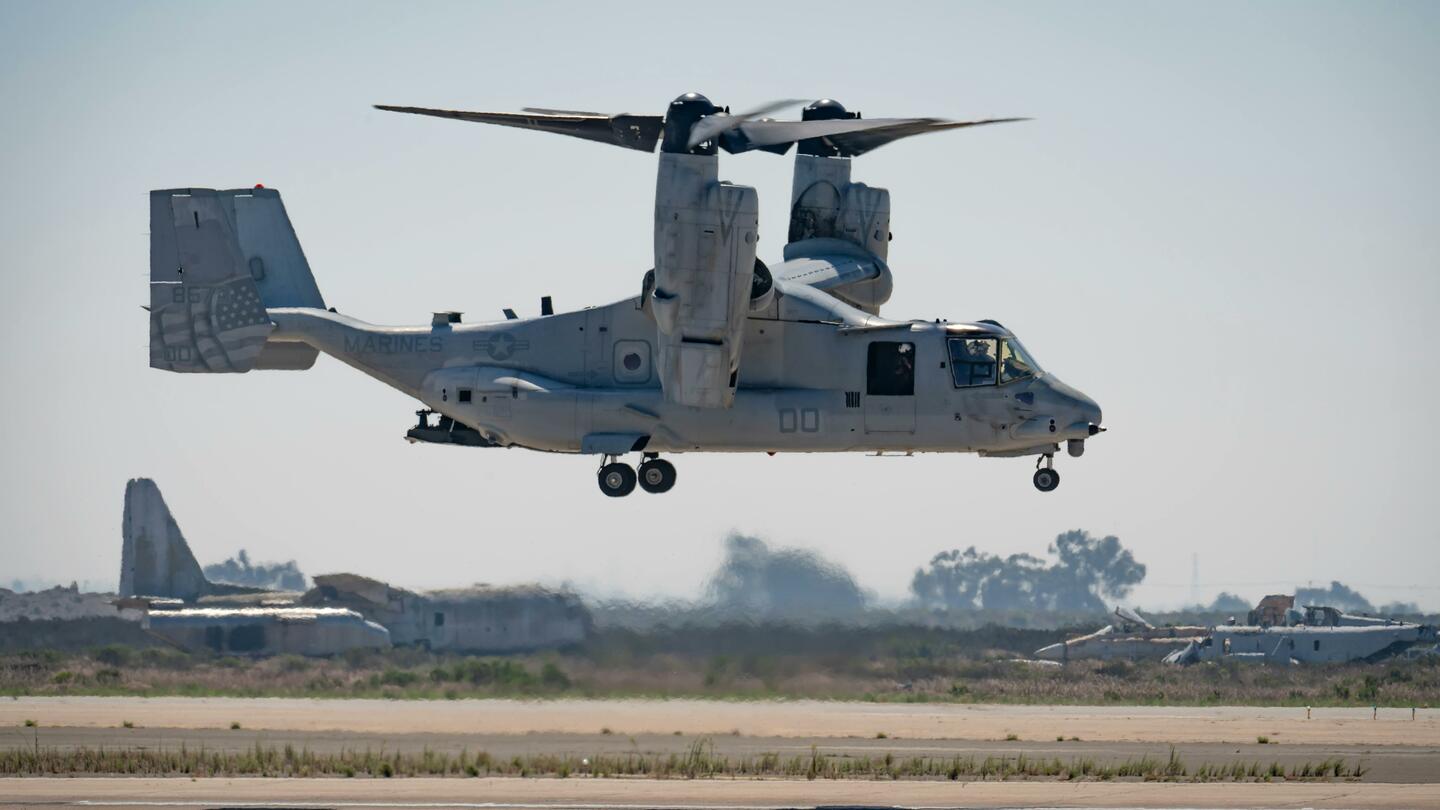
We believe America must lead with wisdom, not force.
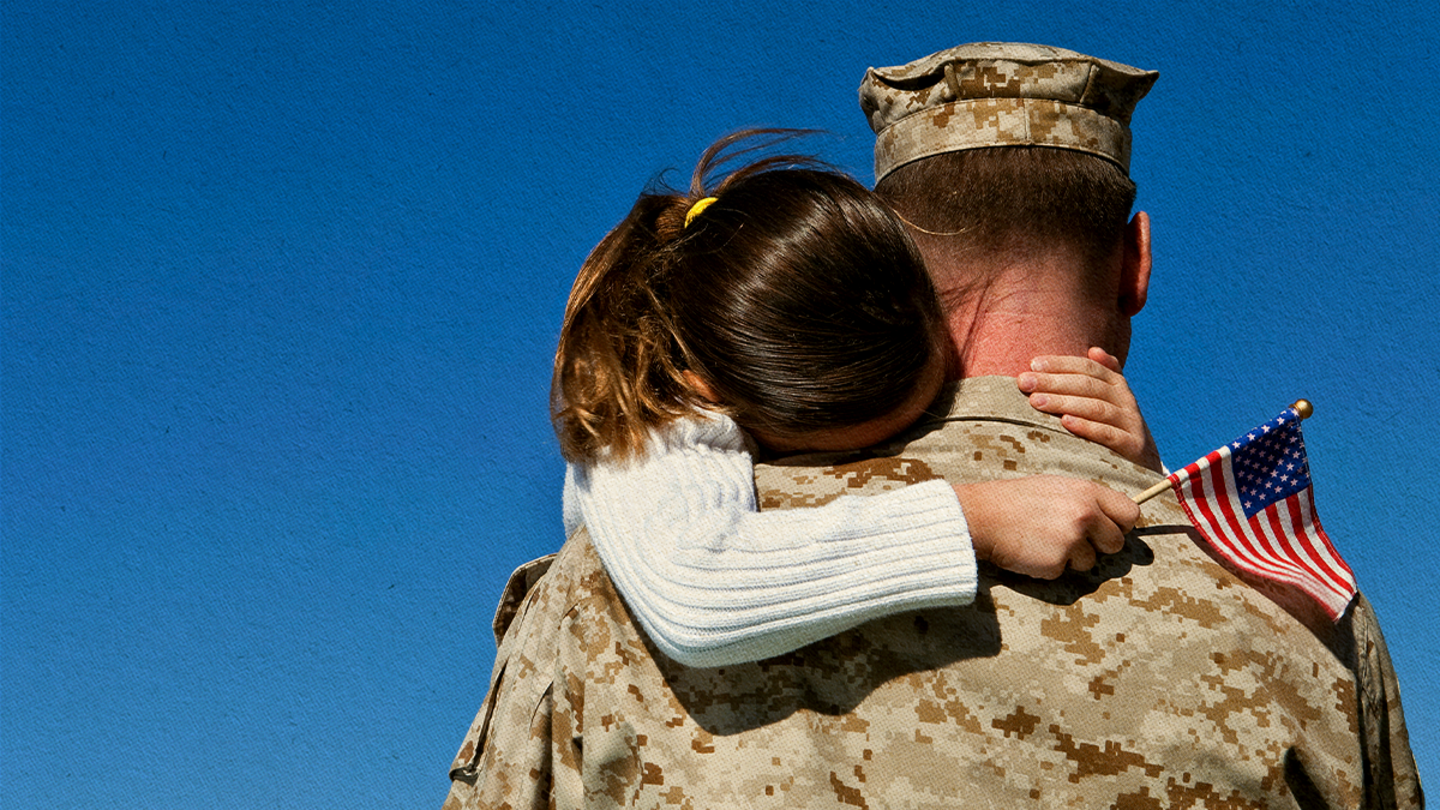
U.S. military presence in Iraq no longer serves a vital strategic purpose.
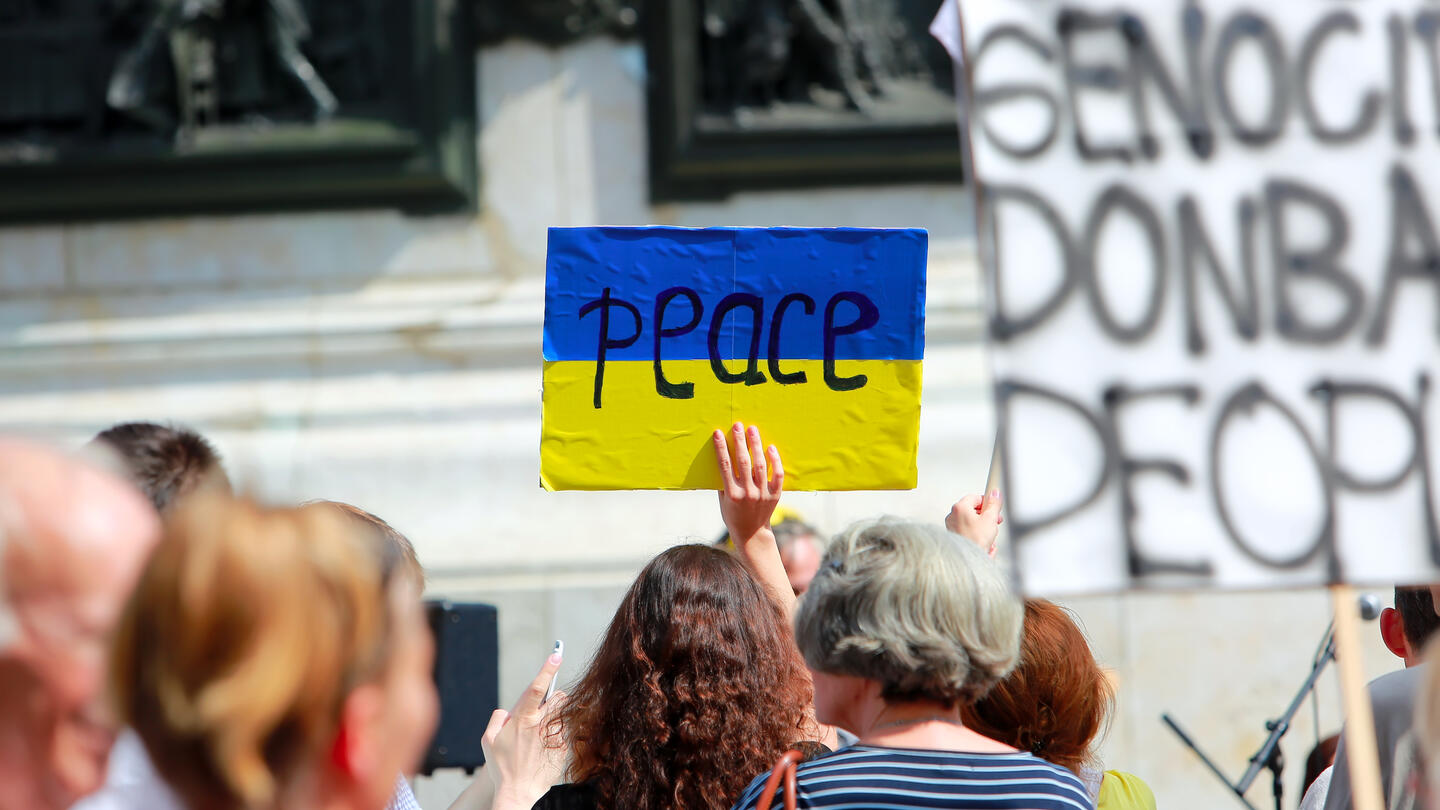
It won’t be easy, but it’s not impossible for the U.S. to broker peace
